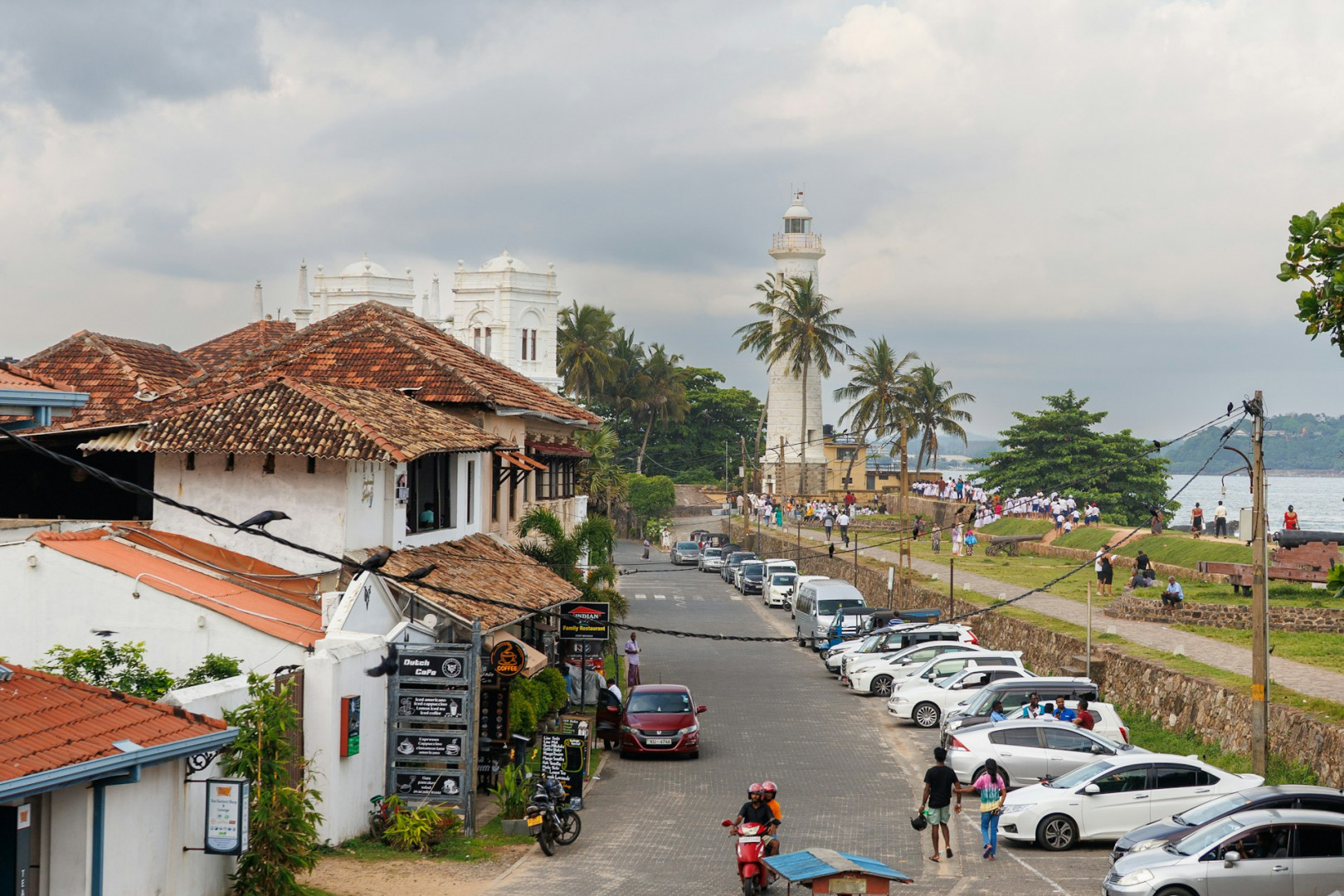
Off-plan properties
About us
Coveting that slice of paradise in Bali? The island has become an investment as well as a lifestyle haven for those attracted by its tropical beauty and growing tourism, as well as by its fast-moving rental market. But purchasing a first home in Bali isn’t quite the impulse beachside move – it’s about navigating an unfamiliar legal territory, setting realistic expectations, and making prudent choices.
Here’s a primer on what every first-time homebuyer needs to know before, well, shopping.
Foreigners are not allowed to directly own freehold land (Hak Milik) in Indonesia, and Bali is no exception. Instead, international buyers must explore alternative legal structures to secure property rights. The most common and accessible option is leasehold, which grants the right to occupy a property for 25–30 years, often renewable up to 80 years. Another option is Hak Pakai (Right to Use), available for residential purposes, or Hak Guna Bangunan (Right to Build), often utilized via a foreign-owned company (PT PMA).
It’s important to avoid risky nominee structures, where an Indonesian citizen holds the property on behalf of the foreign buyer. While once a common workaround, this method exposes you to significant legal uncertainty and even potential property loss. Instead, rely on official channels and consult professionals with experience in Indonesian property law.
You should get a full background check of the property before you sign anything. That includes verifying land titles, zoning regulations, and whether the property has proper building and rental permits – particularly if you hope to monetize your investment.
Never underestimate the power of an on-site visit. Drainage, roads, electricity, and construction quality can vary considerably throughout Bali’s vastly different districts. Concealed pitfalls such as faulty waterproofing or pest infestations can transform a dream home into a renovation nightmare.
It is a good idea to use both a notary (PPAT) and an independent property lawyer, even if you are buying through a reputable agency. Legal guidance when reviewing contracts, verifying title, and structuring payments will prevent expensive surprises down the line.
First-time buyers especially tend to only look at the listing price, when the true ‘cost’ of owning property in Bali goes beyond that. Government-associated taxes – including a 5% acquisition tax (BPHTB), 10% VAT on some properties, and yearly land taxes – need to be considered, as well as legal fees, notary costs, translation expenses, and registration fees, which accumulate rapidly.
And then there’s the cost of making the property livable – renovations, furnishings, and ongoing upkeep. If you are buying a leasehold property, think ahead to the cost of extending the lease. And always leave yourself a buffer for surprise expenses, from plumbing repairs to installing air conditioning units in Bali’s humid climate.

You will find many regions in Bali that provide abundant lifestyle and investment opportunities. Some of the most desirable neighborhoods to consider:
When you’re picking out the location, look past the picturesque landscape – consider the rental market, infrastructure, access, and what you want your property to do for you in the long term.
The process in Bali usually begins with a 10% “commitment” deposit and a purchase agreement that provides the timeline, milestones, and the obligations of all involved parties. Savvy buyers show up with numbers in hand, aware of comparable sales and ready to walk away from emotional purchases, which ensures that they are treated fairly.
After a contract is signed, all taxes and legal fees need to be paid before your property is officially registered in your name (or with your entity) at the Indonesian National Land Office. Do not skip this step – it is essential for securing your ownership rights.
Bali is more than just the here and now. A smart homebuyer is not just thinking about business today – how easily will you be able to resell, are the terms of the lease extendable, how will the property be managed in your absence – but also how it performs years from now. So, whether you’re planning to live on the island full time or use the property only seasonally, it is important to be clear about the future.
Purchasing a first home in Bali can be richly rewarding – financially and personally – if you do so with clarity and care. Knowing the legalities involved, factoring in extra costs, and picking the right professionals to guide you are key elements in turning your dream into a sound investment.
As you prepare to embark on your Bali property journey, take the necessary time, ask the crucial questions, and treat the process just as seriously as you would back home. Paradise is worth the planning.